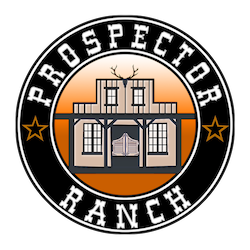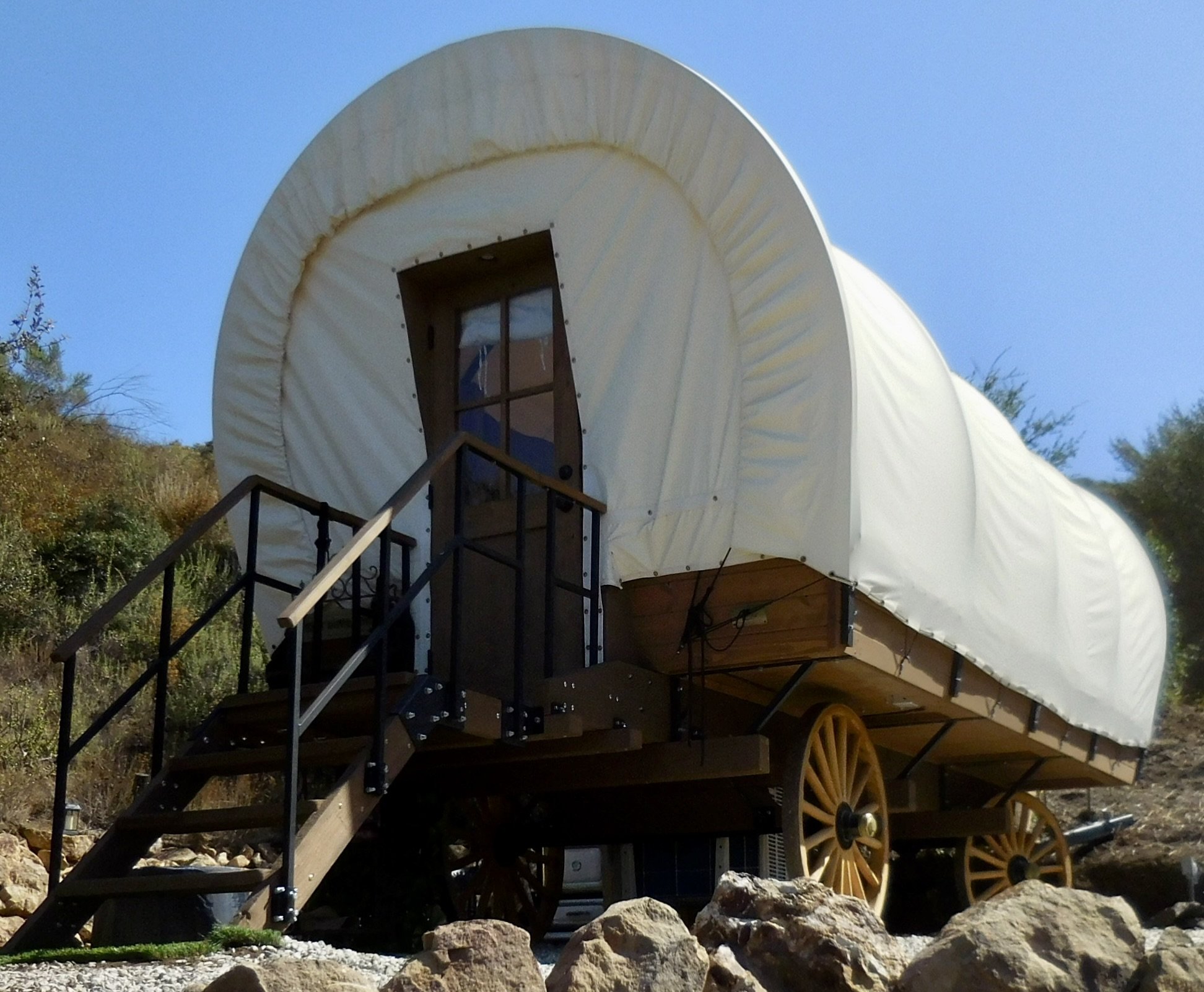3 Facts You May Not Know About Conestoga Covered Wagons
Our AirBnb Conestoga covered wagon! Photo courtesy of Meggan Kimberley.
~ Natalia Radcliffe ~ 1. Origin of the name
The name “Conestoga” is thought to derive from the Iroquois language. Before the European settlers arrived in the Conestoga river region, the Native American tribe known as the Conestoga (also known as the Susquehanna or Susquehannock) lived along its banks and the subsequent larger river of the Susquehanna that the Conestoga river fed into.
2. Conestoga covered wagons versus other covered wagons
Contrary to some assumptions, the name “Conestoga” simply refers to the kind of covered wagon originally made in the Conestoga river region in Lancaster county, Pennsylvania, in the 1700s. There were many different kinds of covered wagons in use, and this kind was only one of many!
3. Use in history
You think Conestoga covered wagons were used in the great westward migration in the 1800s toward places like Oregon or California? Think again!
Conestoga covered wagons were too heavy to be pulled such long distances. (Think about it, it’s practically all across the United States!) They were more suited for transporting different kinds of goods from cities to rural communities and vice versa. In a way, it was sort of like a local UPS.
Travelers with their sights on the west used prairie schooners, also known as “Western wagons.” These types of wagons had flat bodies and lower sides than the Conestoga wagons, though they still had the trademark white canvas covers. In fact from a distance, with the lower side and flatter bodies, the wagons looked like sailing ships. Hence the name “schooner”.
Now that you know a little more about Conestoga covered wagons, come see a replica of the piece of history for yourself here at Prospector Ranch! Our AirBnb covered wagon can host up to 4 people, perfect for a weekend getaway with your family or friends. And you get to brag that you’ve stayed in a covered wagon. How’s that for an interesting story to tell others?
Information obtained from: https://www.history.com/topics/19th-century/conestoga-wagon


